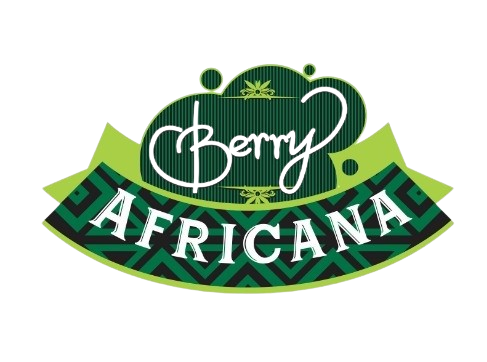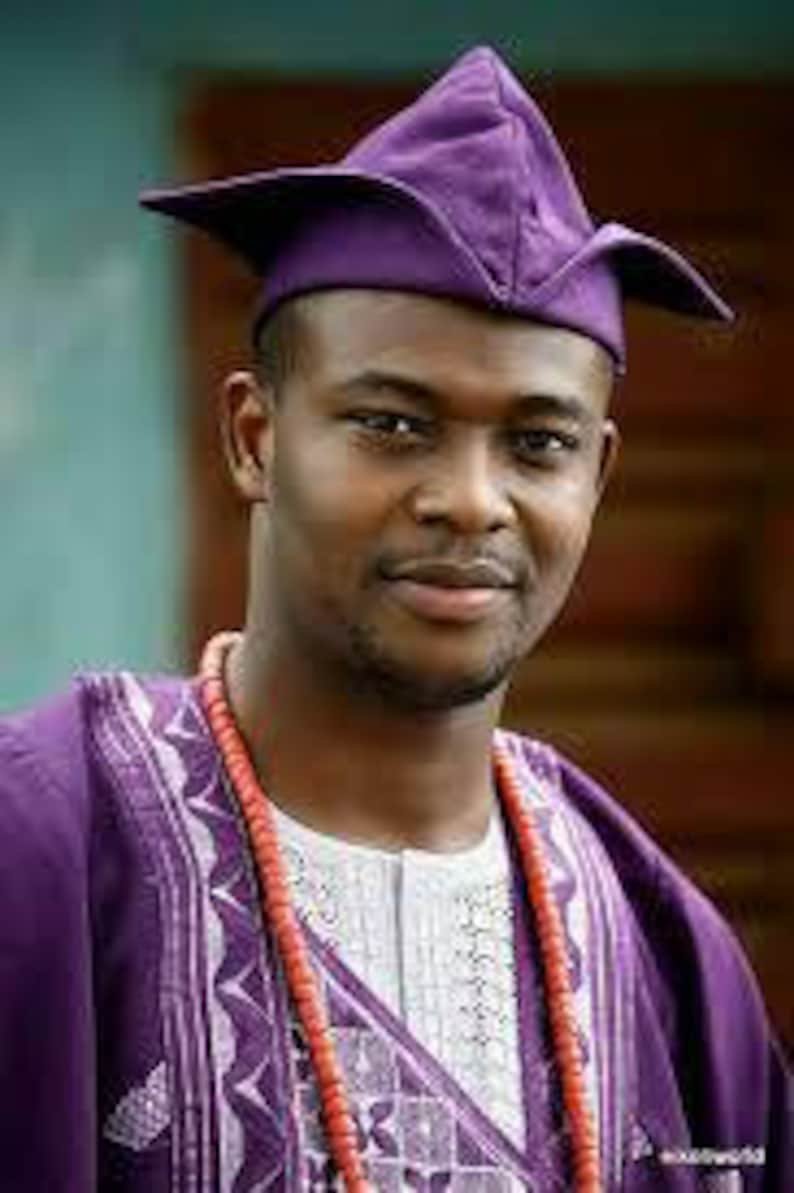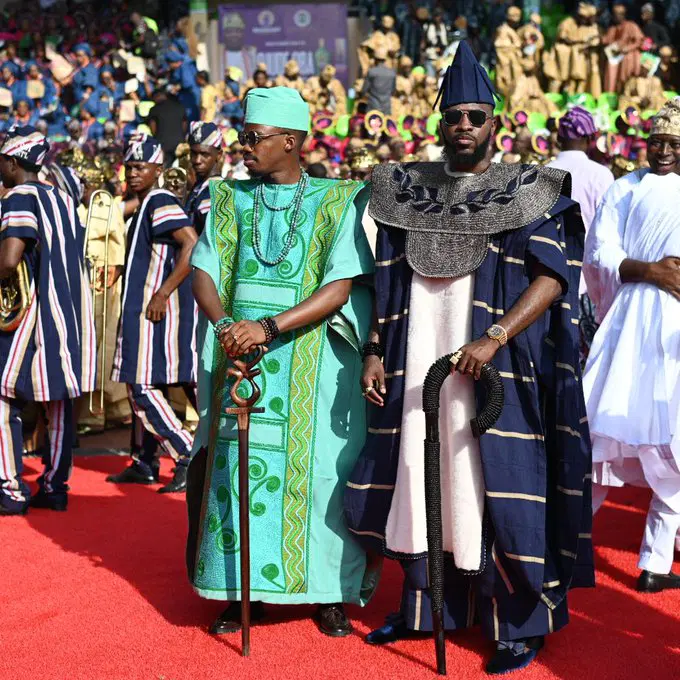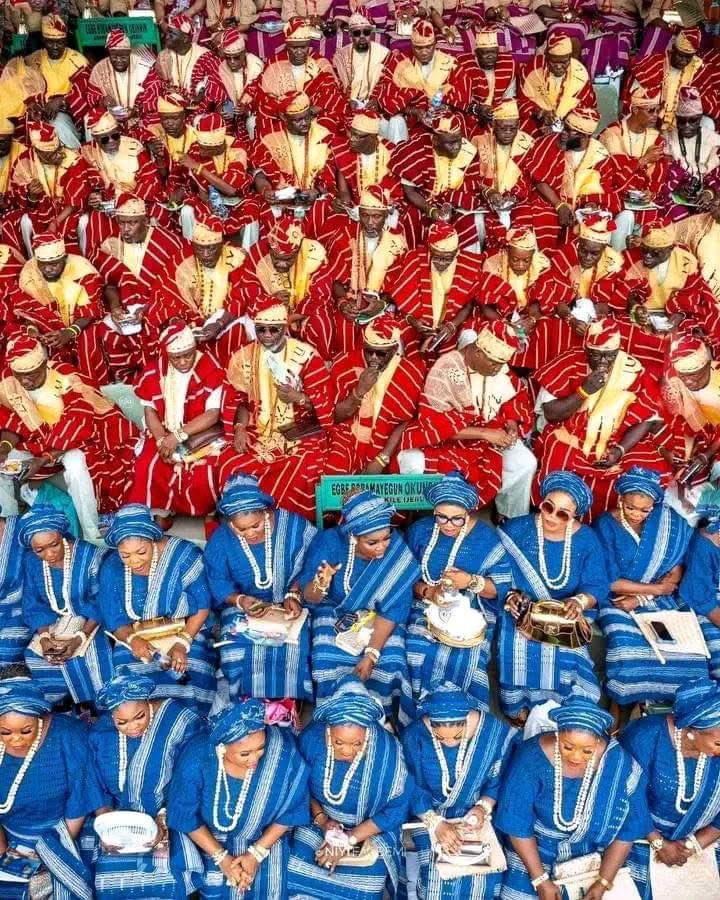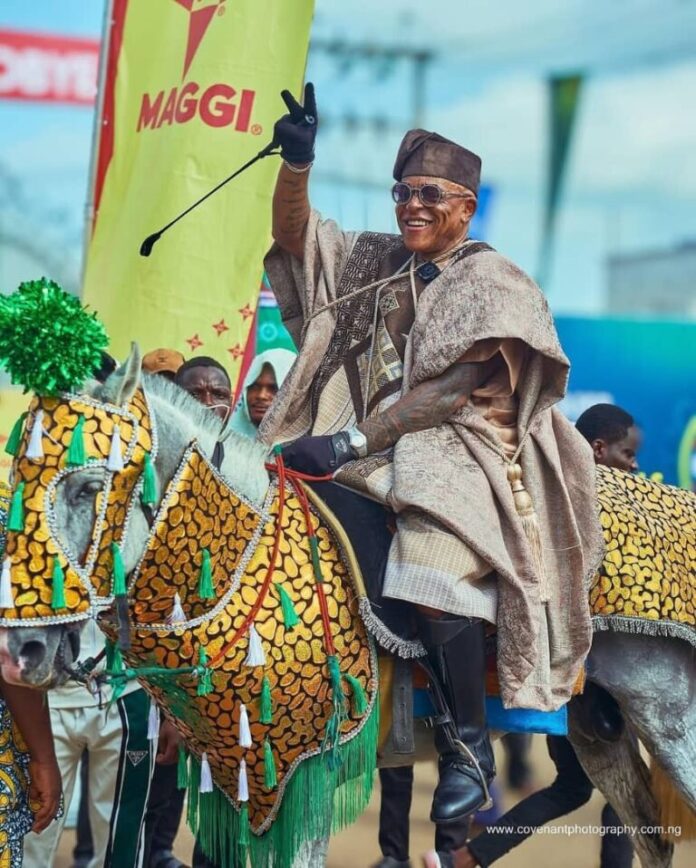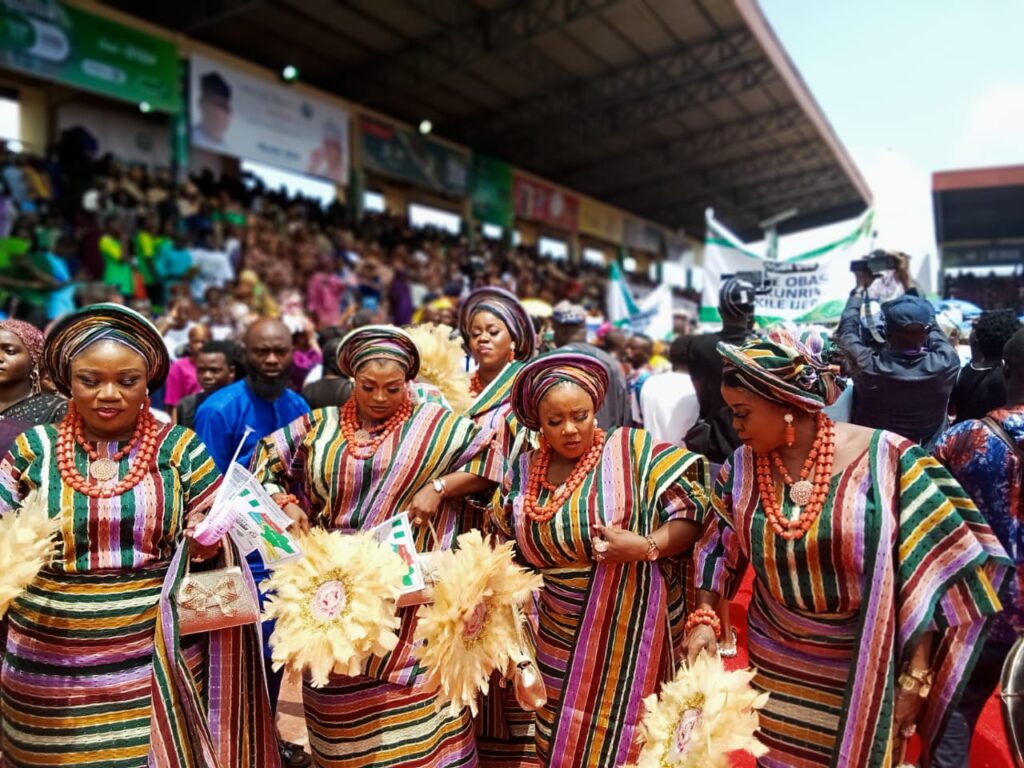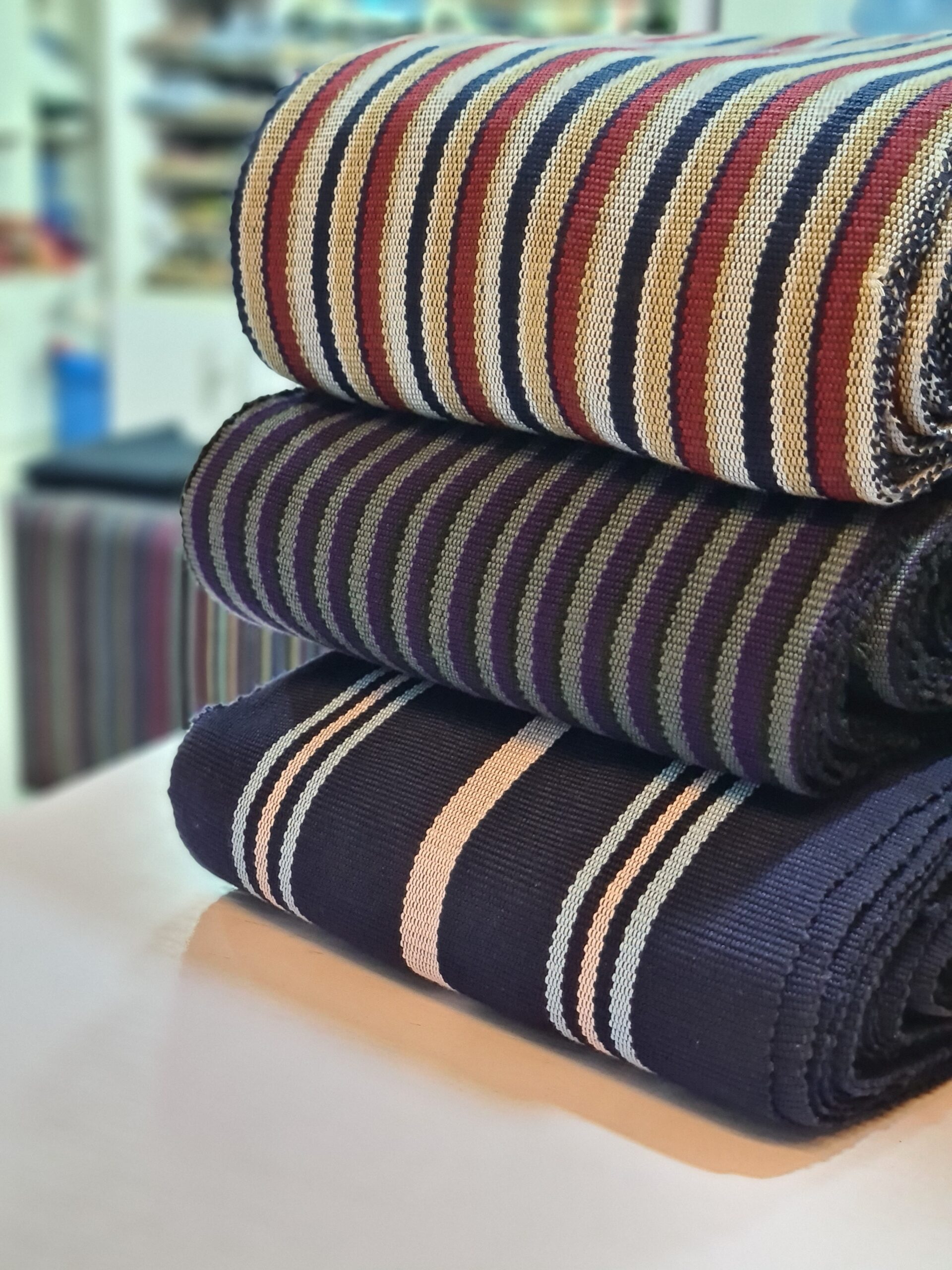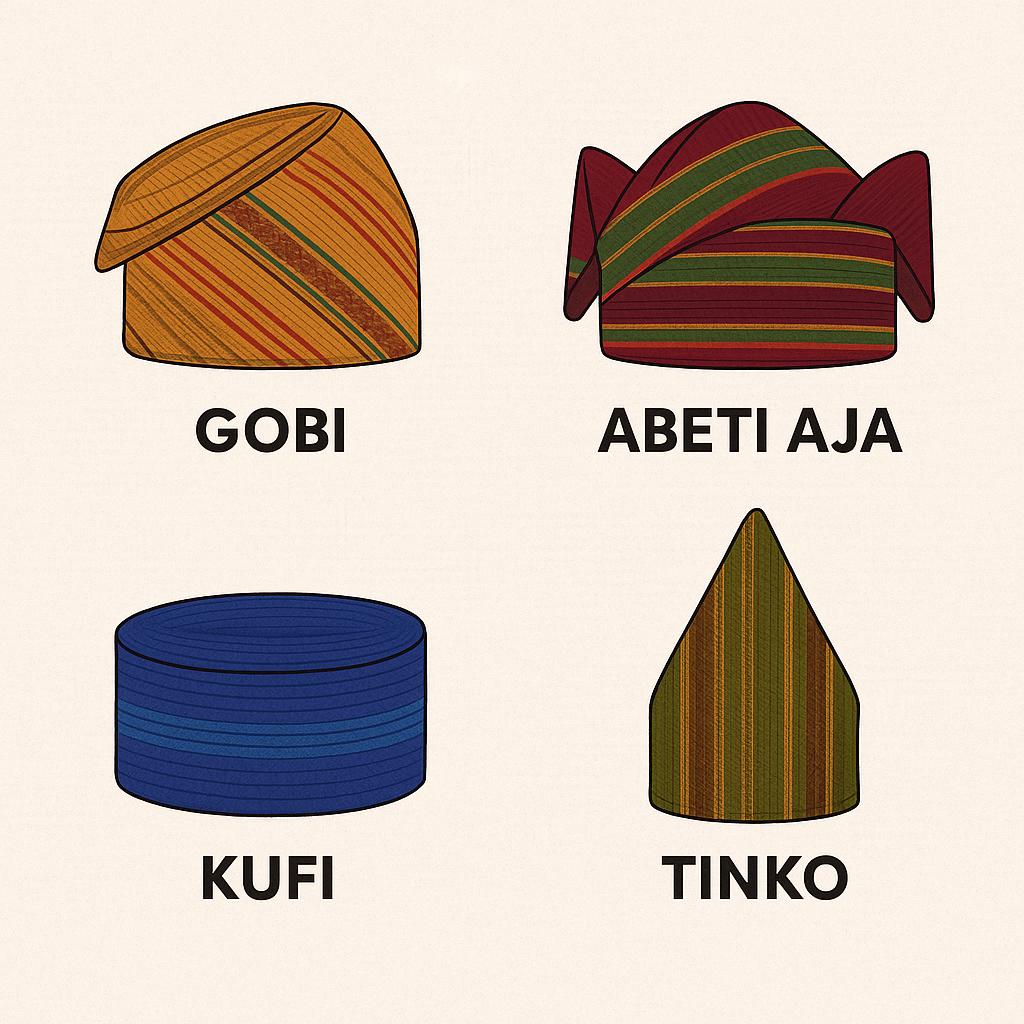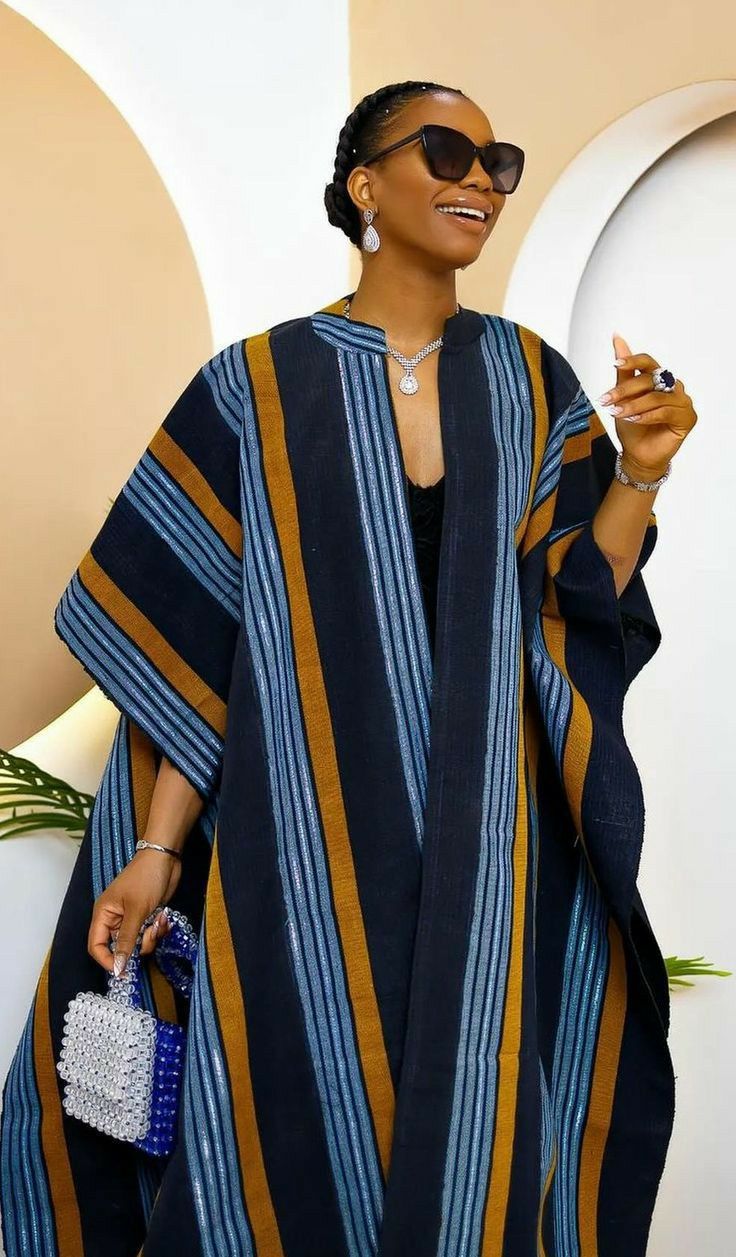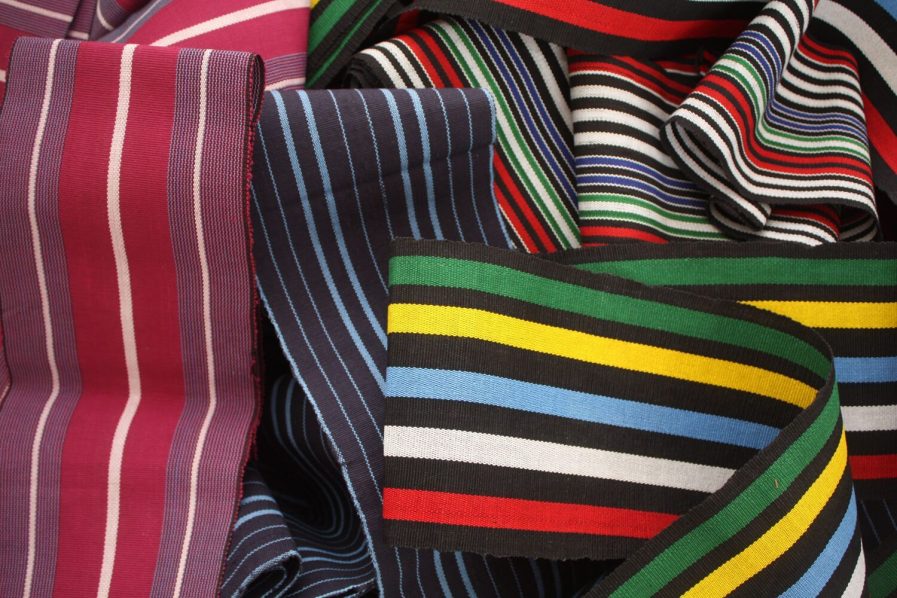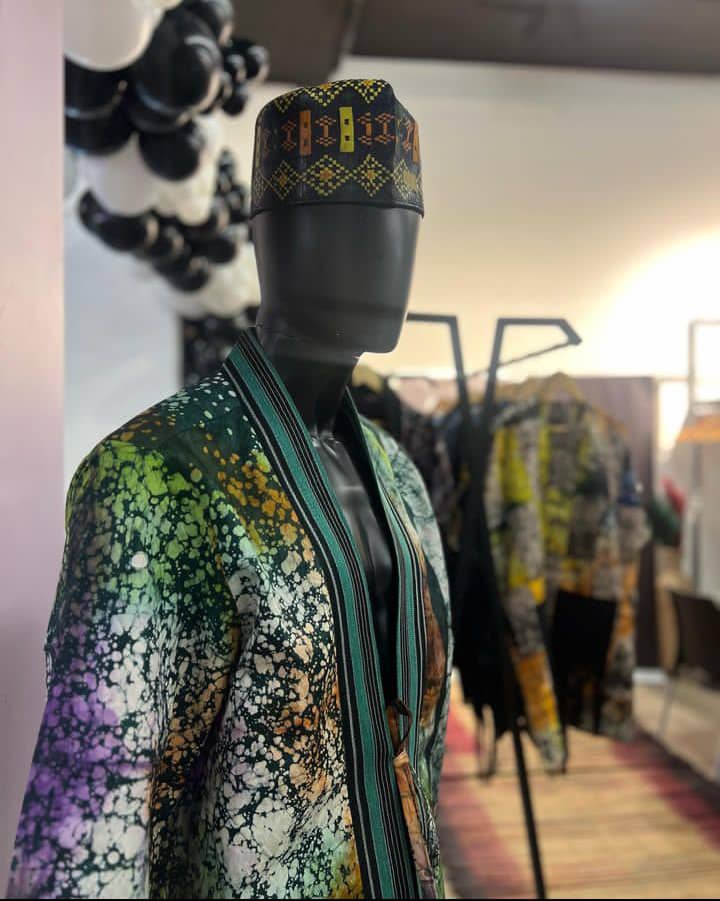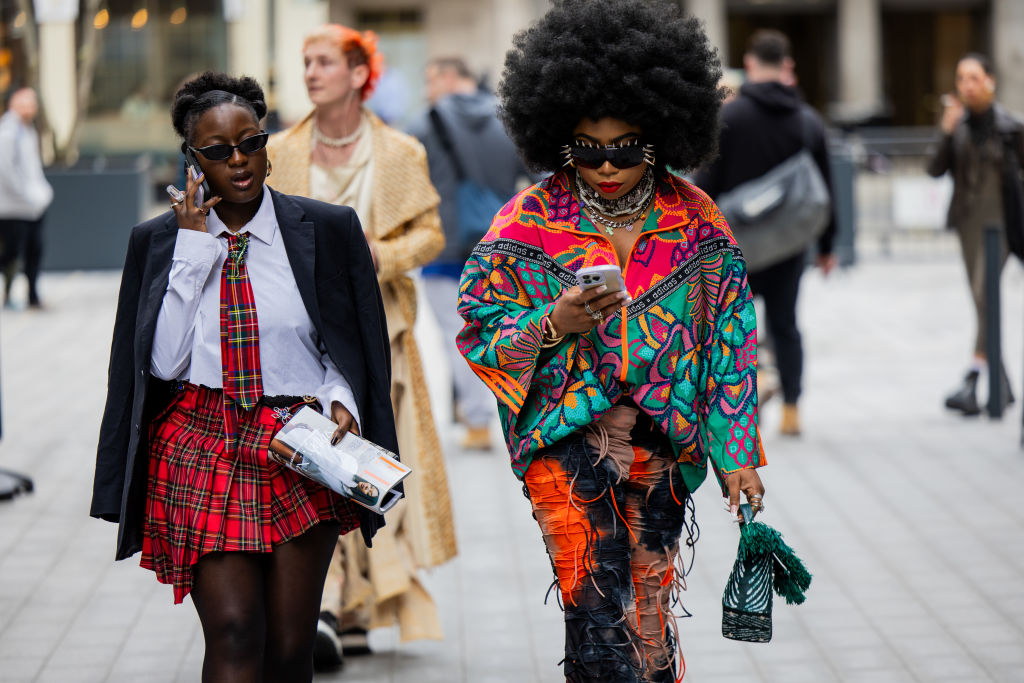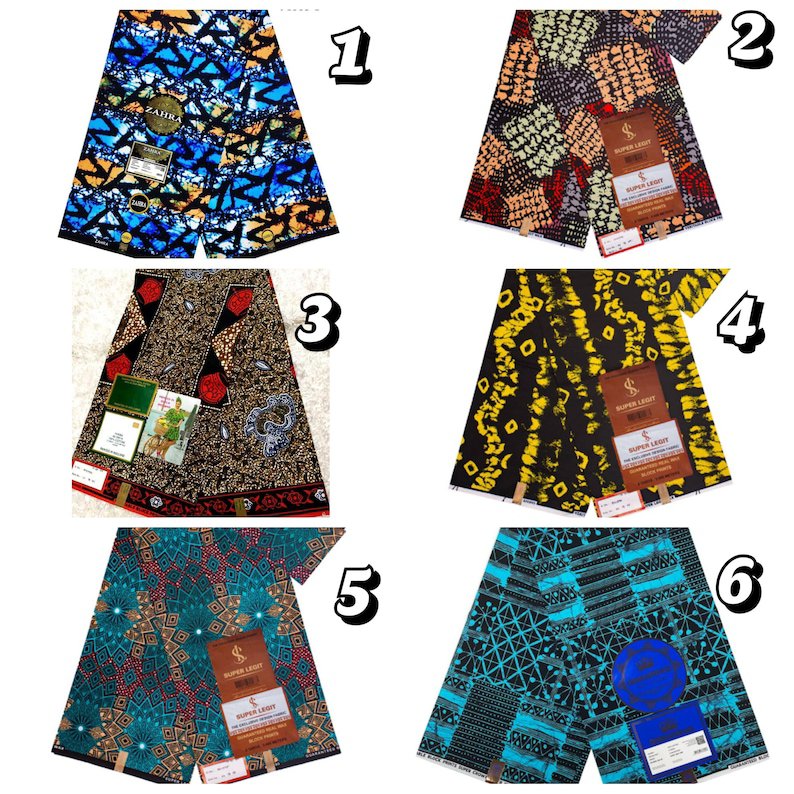The Global Rise of Yoruba Fila: From Lagos Streets to Paris Fashion Week
In the rich tapestry of Nigerian fashion, few accessories carry as much cultural depth and style symbolism as the Yoruba Fila. Once strictly worn in traditional settings—ceremonies, chieftaincy events, and weddings—the fila cap is now undergoing a global fashion renaissance, appearing on international runways, in editorial photoshoots, and in diaspora weddings across Europe, North America, and beyond.
A cap With Heritage
The Yoruba fila, which comes in different styles such as Abeti Aja, Gobi, Kufi, and Oribi, isn’t just a fashion item—it represents status, pride, and heritage. Each fold and tilt of the cap can convey messages of confidence, royalty, or even regional allegiance.
Traditionally worn with agbada or buba-sokoto combinations, the fila is handcrafted from richly textured Aso Oke, velvet, or damask. In many Yoruba communities, it’s the final touch that completes a man’s regal appearance.
Diaspora Adaptation and Fashion Fusion
As Nigerian communities flourish in cities like London, Toronto, Paris, and New York, the fila has transcended its ethnic origins. Diaspora fashionistas and designers now fuse it with Western suits, trench coats, and streetwear. The result? A new, edgy take on African identity—where tradition meets trend.
Notable mentions include:
- Nigerian-American grooms wearing fila with tuxedos.
- Afro-Caribbean influencers styling Gobi caps with bomber jackets.
- Paris Fashion Week runways featuring fila as statement accessories.
Celebrity Endorsement and Global Appeal
Musicians like Burna Boy, Wizkid, and Davido have popularized fila caps in music videos and on global tours. Their stylistic choices have redefined the cap as not only ceremonial but also contemporary and cool.
Fila caps are also showing up in Hollywood film wardrobes, African diaspora-themed exhibitions, and editorial campaigns by brands tapping into Afrofuturism and Black pride narratives.
The Future of Fila Fashion
As conversations around cultural appropriation vs. appreciation continue, the Yoruba fila stands as a proud symbol of identity, especially in global spaces where African heritage is finally being celebrated, not just tolerated.
This fashion revolution isn’t about blending in—it’s about standing out boldly with culture on your crown.
